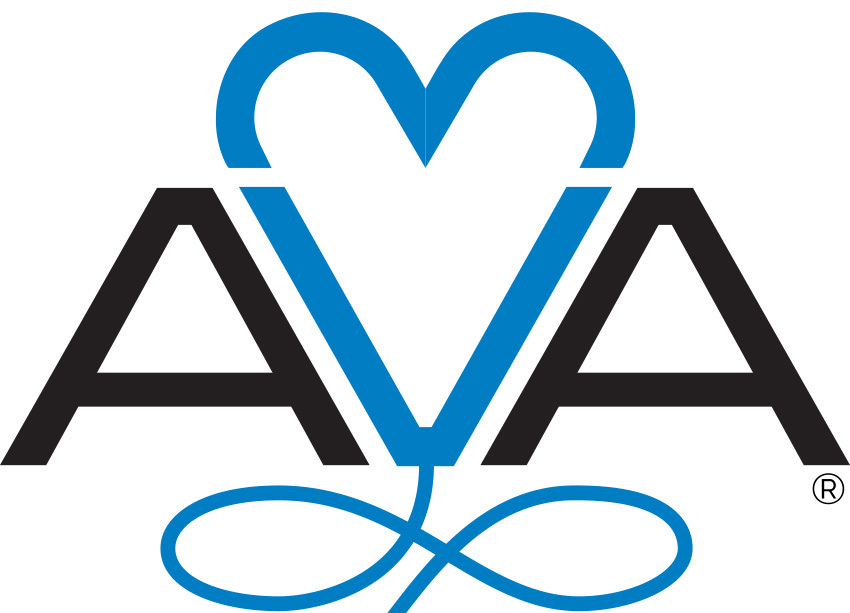Changes in nurses’ knowledge and clinical practice in managing local IV complications following an education intervention
Peripheral venous catheters (PVCs) are the most common invasive route for the rapid administration of medication and fluids. The care of PVC sites after cannulation can pose challenges depending on nurses’ level of knowledge and practice. To transfer nurses’ knowledge into practice on preventing common local complications of intravenous (IV) therapy. A quasi-experimental study was undertaken. Methods: A convenience sample of nurses from surgical and medical wards of a university hospital (n=64) was used. Pre- and post-education intervention levels of nurses’ knowledge, practice and maintenance of PVCs, and the use of a visual infusion phlebitis scale to identify potential complications were assessed. Results: The effectiveness of the course was statistically significant for all three parameters (P<0.001). The study highlighted the importance of ongoing education based on the latest available evidence to enable nurses to improve their knowledge and clinical practice with regard to PVC care and associated complications.Abstract
Background
Aim
Design
Conclusion

Nursing intervention when there are no signs of complications or infection 72 hours after cannula insertion
